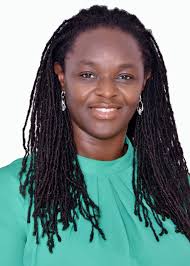Keeping Africa at the Table, ot on the Sidelines
In recent weeks, some have described solar radiation management (SRM) research in Africa as “neo-colonial experimentation.” As an African climate scientist, I find this framing deeply misleading and harmful.
SRM is a controversial area of climate research that examines ways of reflecting sunlight to cool the planet. It could bring risks as well as benefits. This is precisely why African scientists are working to better understand what SRM could mean for our continent. Research does not equal advocacy. Our role is to generate independent, transparent, and ethical knowledge that can inform decisions.
African scientists are not passive participants in this field—we are global leaders. We publish in top journals, serve on UN expert panels, and collaborate widely to ensure that Africa has its own informed and confident voice in climate governance. Erasing this contribution under the label of “neo-colonialism” does more harm than good. In fact, excluding African researchers from global conversations would replicate colonial dynamics by denying us the opportunity to shape knowledge that directly impacts our ecosystems, agriculture, and livelihoods.
The real risk is not responsible research—it is ignorance. Our commitment is clear: SRM research in Africa must be led by African scientists, conducted transparently, and guided by public engagement.
I call on civil society organisations, funders, and partners to support open scientific inquiry and inclusive dialogue, rather than politicising science in ways that restrict Africa’s intellectual sovereignty. Africa must not be left behind in shaping the future of climate solutions.
Africa deserves to be at the table—not on the sidelines.
Author
Prof. Nana Ama Browne Klutse
CEO, Environmental Protection Authority
Vice-Chair, IPCC Working Group I


